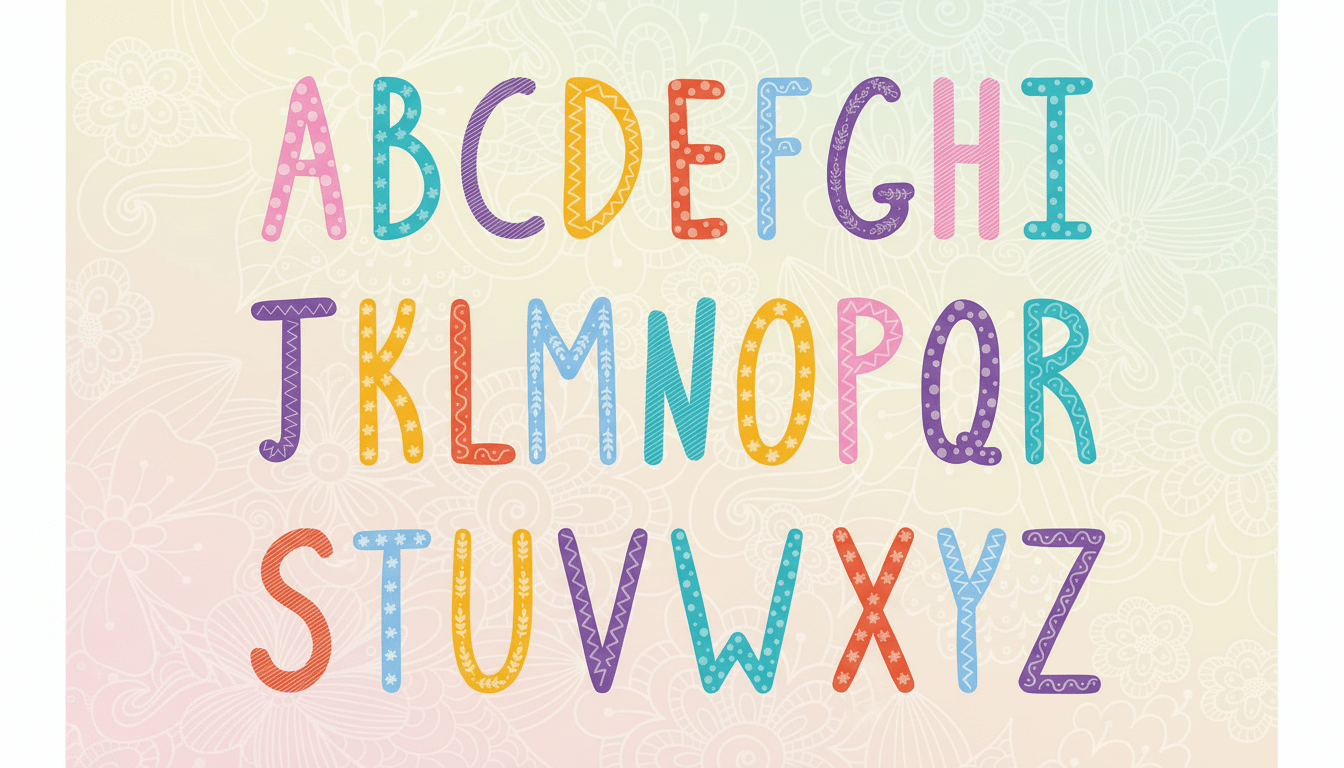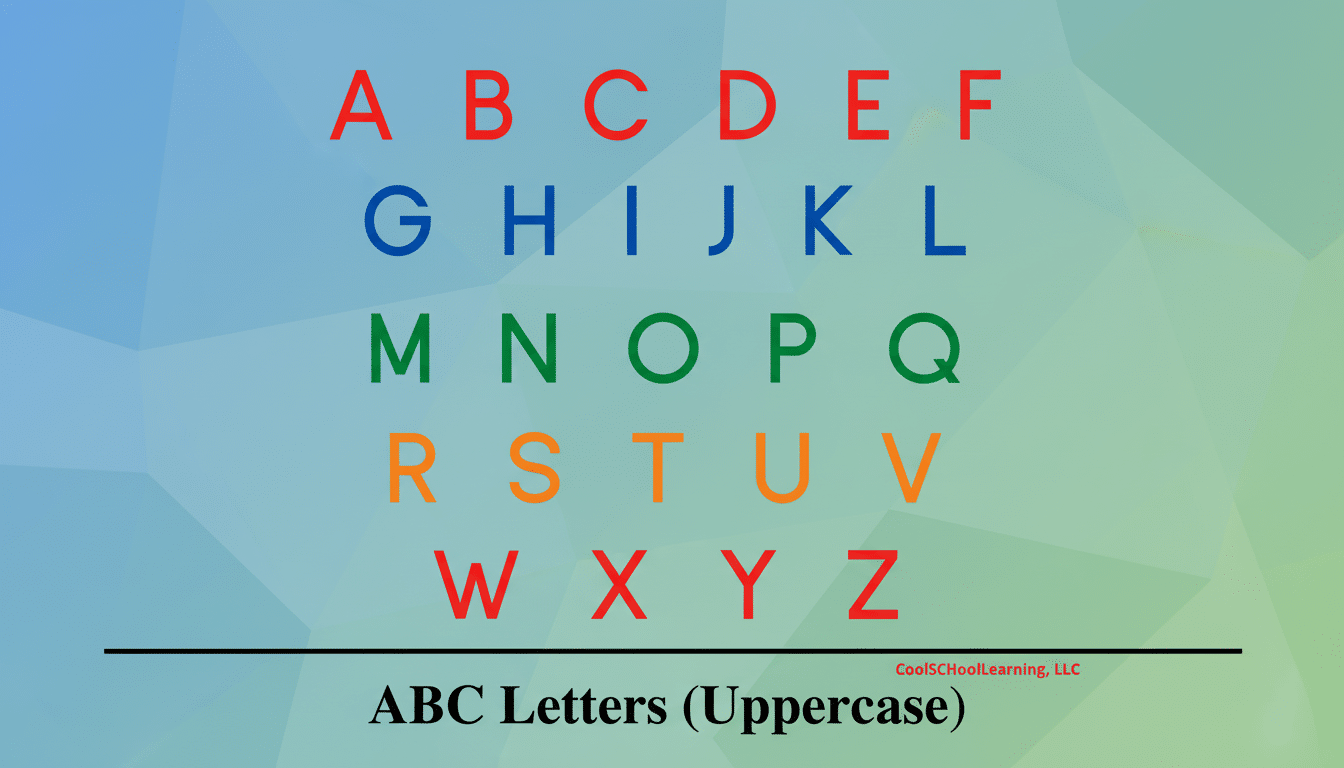ABC pulled Jimmy Kimmel Live! off the air indefinitely following a monologue about the killing of conservative activist Charlie Kirk that prompted a political and regulatory backlash. The decision halted production as a new episode was about to be taped and put the long-running late-night brand in limbo, while also escalating a high-stakes battle over free speech on broadcast television.
What ABC and the Affiliates Decided to Do Next
A representative for ABC has announced the show is pulled from its schedule indefinitely, in reports carried by all major U.S. news networks. The move followed Nexstar Media Group, the nation’s largest owner of local TV stations and a major operator of ABC affiliates, announcing to viewers that it would not run Jimmy Kimmel Live! for the foreseeable future. Affiliates are free to reject network programming as they like, but wholesale preemption of a flagship late-night show is highly unusual and indicative of deep apprehension about advertiser blowback and exposure on the regulatory front.

The Monologue That Sparked the Storm and Backlash
Kimmel’s words focused on the partisan spin about Kirk’s death — how quickly political sides wanted to define what motivated the suspect. He ribbed Republican figures for quickly fleeing their ties to it, depicting the reaction as performative. Kimmel didn’t go so far as to claim that the suspect’s ideology had been definitively proved, and noted the velocity with which people — right-wingers in particular — have felt able to rush to denial on this point. Nonetheless, the bit landed as an affront on the right, leading to calls from conservative media figures that it was irresponsible and inflammatory.
That tension then came to a head when the lead staffer for Ajit Pai, an official at the Federal Communications Commission who has long lashed out at Kimmel and his network — which somehow survived his attack — publicly asserted that Kimmel’s monologue was in fact misrepresentation and encouraged ABC to do something about it. During appearances on media outlets, the official has mentioned that the agency could potentially take a close look at broadcasters’ licenses if networks have allowed what he deemed to be a “pattern of news distortion.”
How Much Power the FCC Actually Has Over Content
Revoking a license is one of the FCC’s most drastic steps — but it has been used infrequently throughout its history and not in connection with on-air commentary. The most famous of the commission’s license-crackdown cases, like RKO General in the 1980s, were over allegations of lack of candor and corporate misfeasance, not program content. The FCC does enforce rules against indecency, hoaxes and technical breaches, but it is not in the habit of policing political satire. Media law scholars and First Amendment groups have long cautioned that using licensing to penalize lawful speech is an unconstitutional vehicle for viewpoint discrimination.
Nor is there an active Fairness Doctrine, which the FCC jettisoned decades ago. That is, there’s no legal obligation for a broadcaster to air opposing views of a controversial issue. Accusations of “news distortion” have popped up sporadically — most famously, in conflicts over hidden-camera exposés — but rarely do they result in the loss of a license. The commission has the power to open inquiries, but the bar for sanctions tied to questions of editorial judgment is high, and broadcasters generally prevail as long as their content doesn’t run afoul of explicit rules.
Political Backlash, and Fault Lines Over Free Speech
Donald Trump cheered ABC’s decision on his social media platform and called for rival networks to force other late-night hosts he deems unfriendly off the airwaves. Political figures adopted a triumphal kind of tone, highlighting what late-night comedy has become: a proxy battle in the war over partisan identity. Civil liberties advocates warned that government pressure on individual programs violated a red line. An FCC commissioner in the minority party called the move to sideline Kimmel “chilling.” Using state power to intimidate legitimate speech, he warned, sets a dangerous precedent.

Groups that advocate for press freedom like the Reporters Committee for Freedom of the Press and the Knight First Amendment Institute had previously urged regulators to steer clear even of a perception that they may be punished for protected speech. Their advice, rooted in Supreme Court precedent, indicates that broadcasters enjoy editorial latitude — even when their commentary has infuriated the powerful — as long as they don’t run afoul of content-neutral standards.
Why Affiliates Blink—and What Happens Next
Local stations are generally risk-averse, especially at a time of political scrutiny. The affiliates balance audience sentiment, advertiser sensitivity and the specter of regulatory hassle. The position taken by Nexstar enhanced that calculus: A group of big stations breaking ranks can effectively sideline a national program no matter what the network’s official stance.
The history of high-profile suspensions follows a few familiar routes. Some are redressed with on-air apologies and a brief time-out, as when NBC sidelined Brian Williams for misstatements. Others simply stop, as when ABC pulls the plug on “Roseanne” after a racist tweet or CBS Radio fires Don Imus over depersonalizing comments. The latter two, typically about advertiser flight and affiliate revolt — and whether the talent response chills the temperature in either direction — are often the difference.
Kimmel has yet to release a new statement since the preemption. In earlier posts, he expressed his condolences to Kirk’s family and bemoaned gun violence more widely. Whether that sentiment, along with a possible clarification of the monologue, will be enough to move affiliates is an open question. Late-night viewership has been fragmenting steadily, according to Nielsen trends, a phenomenon that can both harden partisanship around hosts and make networks more sensitive to controversy-driven ad risk.
The Stakes for Broadcast Comedy Amid New Pressures
At its best, late-night feeds on topical friction; the audience waits for punch lines pulled from the day’s politics. Yet when regulatory threats and political score-settling creep into the picture, satire risks devolving into mere compliance. ABC’s decision to pull back — along with affiliate abandonment and overt government pressure — calls into question the line between corporate caution and a slippery form of censorship. What happens now for Jimmy Kimmel Live! will tell us if broadcast comedy can still prick the powerful without sending its network into survival mode.

